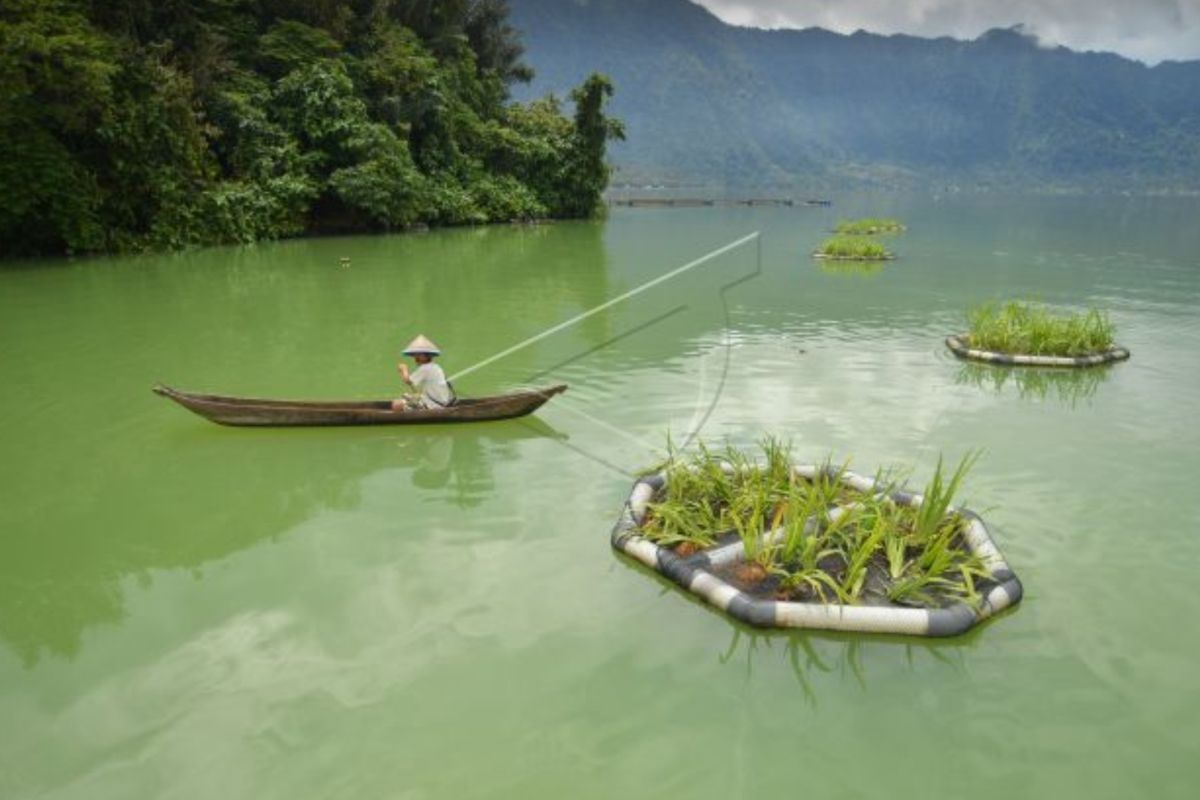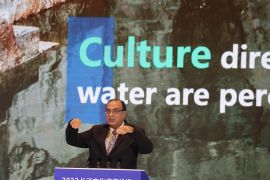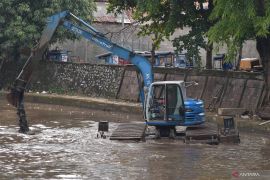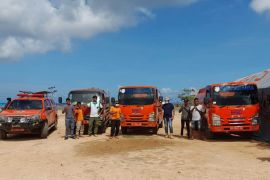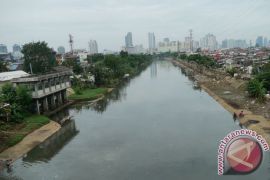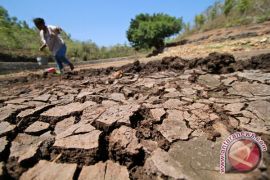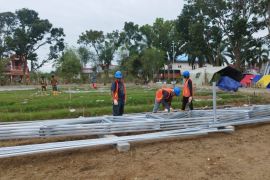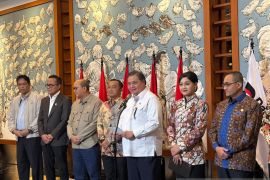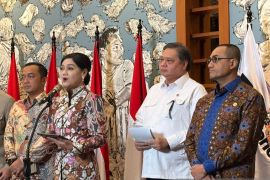The declaration, attended by 106 country delegations and 27 international organizations, also widened opportunities for stakeholders to respond to the lack of water supplies.
Indonesian President Joko Widodo (Jokowi), in his opening remarks at the WWF Summit, stated that drought could impact 500 million small farmers by 2050. The world must also come to grips with the fact that only one percent of water in the world is accessible for human consumption.
Lakes have been formed naturally in several river sections, resulting in basins. It functions as water storage and supports land water ecosystems.
The forum, in the 30 years it has been held, has come to the realization that lakes play an important role in the food cycle, water purification, climate, and biodiversity, as well as support recreational and traditional activities.
The National Water Resources Council (DSDAN) reported that in the last three years, Indonesia had a total of 840 large lakes and 735 small lakes.
The highest number of large lakes can be found in Sumatra, with 170, while in Kalimantan, the figure reached 139; Java and Bali, 31; East Nusa Tenggara and West Nusa Tenggara, 14; Sulawesi, 30; Maluku, 10; and Papua, 127.
DSDAN estimates that lakes in Indonesia are able to hold up to 500 billion cubic meters of water.
On the other hand, lakes are currently experiencing degradation due to damage to the water catchment areas and excessive use that could impact the lake environment in the form of sedimentation, pollution, and also a decrease in biodiversity.
For instance, the phenomenon of water hyacinth eutrophication and shallowing that often occurred in various lakes, including the Rawa Pening Lake, Semarang District, Central Java.
This natural lake covers an area of around 2,670 hectares, with almost half of it filled with water hyacinth.
At a global level, the Indonesian Ministry of Environment and Forestry (KLHK) stated that natural and artificial lakes provide 87 percent of the fresh water on the Earth's surface.
The volume of freshwater lakes has also reportedly decreased by half, with more than 50 percent of the world's largest lakes experiencing shrinkage due to huge pressures from water overuse and the climate crisis.
Zero Delta Q
WWF’s mission to save lakes opens up opportunities for stakeholders to discuss and respond to important issues in lake ecosystems that are highly vulnerable to surrounding pressures.
In a panel discussion, titled "Too much, too little, too polluted – Water Security for Resilient, Livable Cities," held at the forum on May 21, it was conveyed that droughts that occur every dry season and floods during the rainy season in several parts of the world are proof of weak water management systems.
Indonesia, as a tropical island country, receives high rainfall, ranging from one thousand to four thousand millimeters per year, which can be used as groundwater reserves for the community in the dry season.
Zero Delta Q is one of the water management regulatory practices in Indonesia in maintaining the balance of river watersheds (DAS) in a non-structural manner. The working principle is to provide space for water in the watershed areas through spatial planning policies.
Government Regulation (PP) Number 13 of 2017 concerning National Regional Spatial Planning prohibits every building from becoming a contributor to increase water discharge into the drainage system or river flow system.
This regulation requires housing, office, and industrial developers to install water drainage systems into the ground through infiltration wells, reservoirs, polders, and lakes.
This scheme is expected to increase groundwater reserves for the benefit of the community during the dry season as well as mitigate flood disasters due to overflowing rivers.
World Lakes Day
The World Lakes Day declaration emerged from a WWF panel discussion titled "An Urgent Call to Save Our Lakes: Promoting a Global Agenda and Collaborative Efforts for Sustainable Lake Management, and Increasing the Momentum of World Lakes Day."
The proposal initiating World Lakes Day is supported by President of the UN General Assembly Dennis Francis, who earlier held a meeting with Public Works and Housing Minister Basuki Hadimuljono.
The Indonesian government, as host of the 10th WWF, immediately started the preparation of various data and arguments to support this initiative through the role of the Ministry of Foreign Affairs and ambassadors abroad.
The document resulting from the declaration of World Lakes Day at the 10th WWF in Bali will immediately be submitted to the UN General Assembly for the determination process to be commemorated by the world community. This process will also discuss the anniversary date.
The commemoration of World Lakes Day should serve as one of the efforts to strengthen international strategic partnerships in ensuring lake preservation.
Drought caused by the water crisis has become a global concern since 1979, and it had been worsening in the 2018-2022 period.
Hence, one of the tasks of the WWF is to mitigate the water crisis through fair and sustainable joint water management.
Related news: Indonesia to propose World Lake Day at World Water Forum
Related news: Round Up - WWF agrees on river basin management, draws up priorities
Editor: Rahmad Nasution
Copyright © ANTARA 2024
